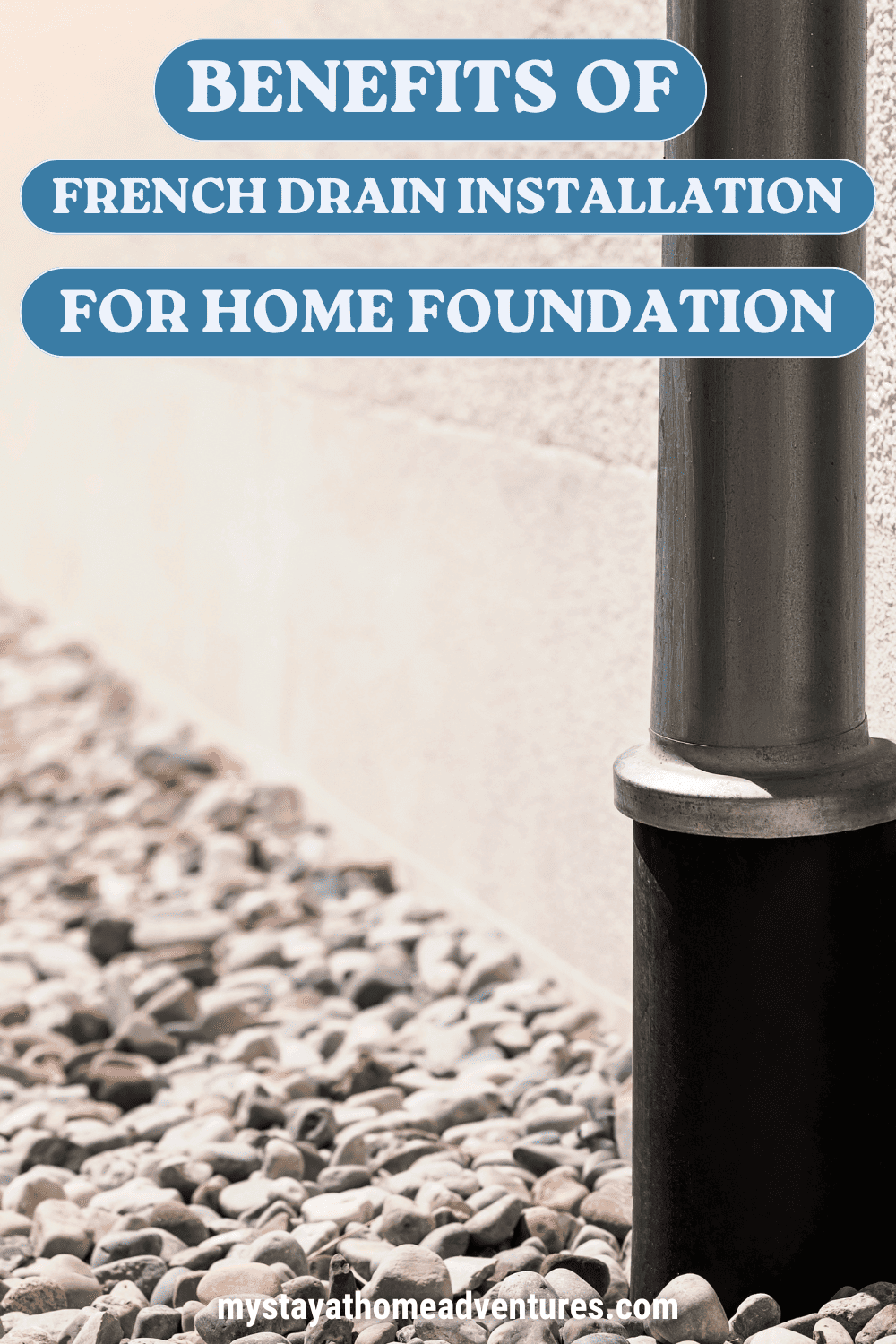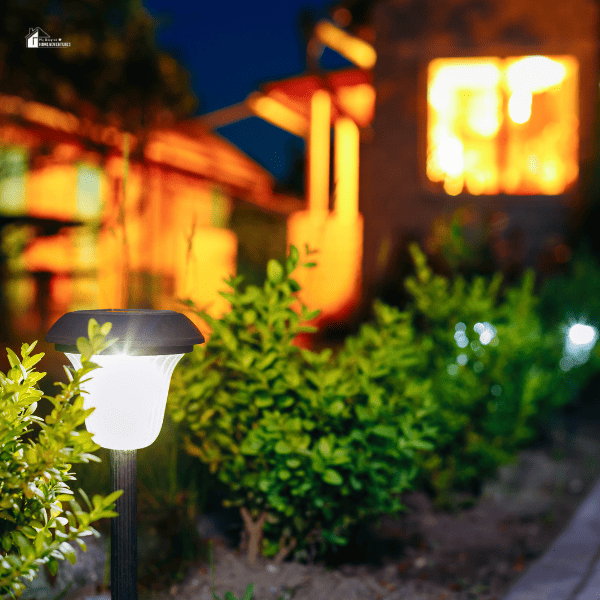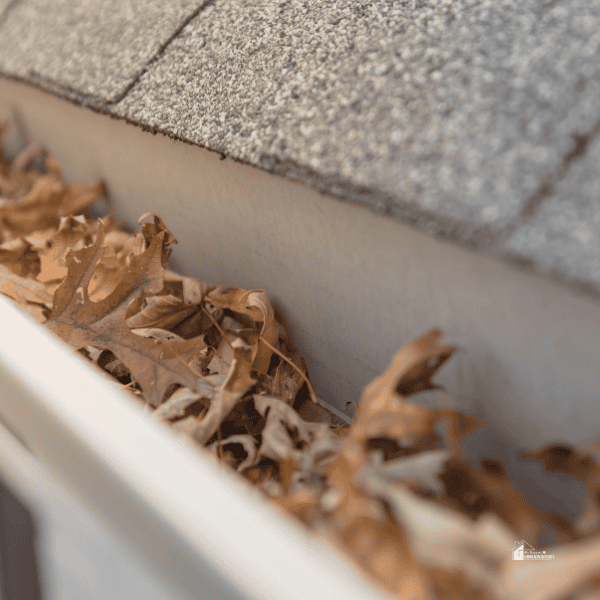Benefits of French Drain Installation for Home Foundation
This post may contain affiliate links which might earn us money. Please read my Disclosure and Privacy policies hereHomeowners realise how important a solid foundation is. The structural stability of your house depends on it, as do your property worth and insurance costs.
Installation of a French drain might preserve your foundation. A gravel trench, or French drain, directs water away from your property. This is especially useful during heavy rain or snow melt when water levels are greatest.
Redirecting water away from your foundation prevents cracks, settling, and other issues. A French drain may reduce basement or crawl space dampness, preserving your home.
Professional French drain contractors can help you choose the best solution for your property.
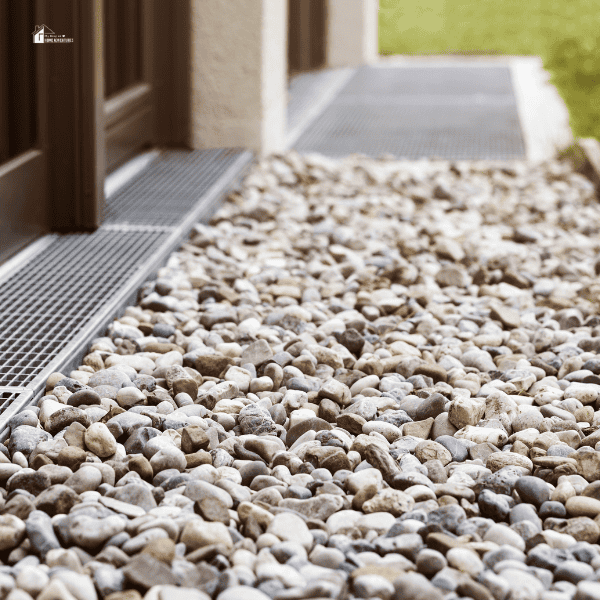
What Are French Drains?
French drain systems divert surface water from troubled locations. Perforated pipe is laid in a gravel-filled trench.
The pipe lets water into the trench, and the gravel directs it away from the protected region. French drain systems often avoid basement floods and foundation wall damage. They may divert parking lots and other pavement runoff.
Does Your Home Need French Drains?
There are various signs your property needs a French drain. First, inspect your yard. Runoff water is probably present if water pools or puddles develop in your landscape. Should water be seeping into your basement or your foundation, a French drain might also be required.
French drain installation is very simple. French drains are below-ground perforated pipes. Pipe perforations allow water to flow away from your property and naturally down into the earth. A French drain may keep your property dry and avoid water damage.
Installing French Drains
French drains are a popular and easy-to-install home drainage solution. This is what to do:
- Start by digging a two-foot-wide, two-foot-deep trench where you wish to put the drain.
- Use a perforated pipe to line the trench. Water enters via pipes with holes or slots.
- Filter cloth prevents silt and debris from blocking pipes.
- Once the pipe is in, backfill the trench with gravel or coarse sand. The gravel will help the pipe drain properly.
- Attach a curtain drain to the trench end. Water that runs through the system will be diverted away from your house.
To enhance property drainage, you may build a French drain system with little time and work. If there are serious problems with the foundation of the home, foundation repair Toronto may be required to prevent further damage.
French Drain System Benefits
Collect Water Pools
A gravel-filled trench holds a perforated pipe in most French drain systems. The pipe's holes face down to collect groundwater.
Stops Soil Clogging
The gravel surrounding the pipe prevents dirt from blocking the holes. French drains are usually used to divert surface water from buildings or avoid pooling in low-lying regions.
Basement/Crawl Space Dry Out
They may dry up moist basements or crawl spaces by catching groundwater before it enters the property. Most French drains are fully buried.
This avoids pipe damage and debris blockage. French drains are normally subterranean but may be seen on your property.
Prevent Plant Damage
Use surface French drains in garden beds and manicured areas to avoid plant damage from standing water. French drains control surplus water on your property regardless of location.
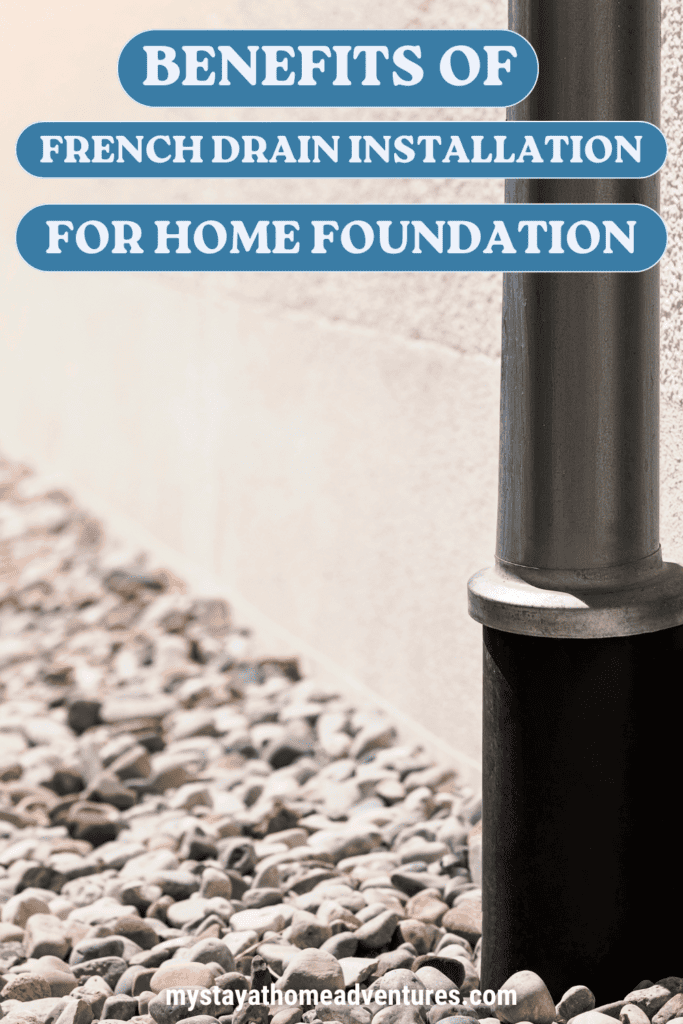
Additional Homeowner Tips
The cost of French drain installation depends on length, breadth, and pipe type. Interior French drains are cheaper and need less excavation.
They may not prevent house water damage as well. Before choosing a French drain system for your house, visit a certified professional to identify the best solution.
Once built, French drains should be frequently monitored for good operation. French drains survive for years if maintained.

